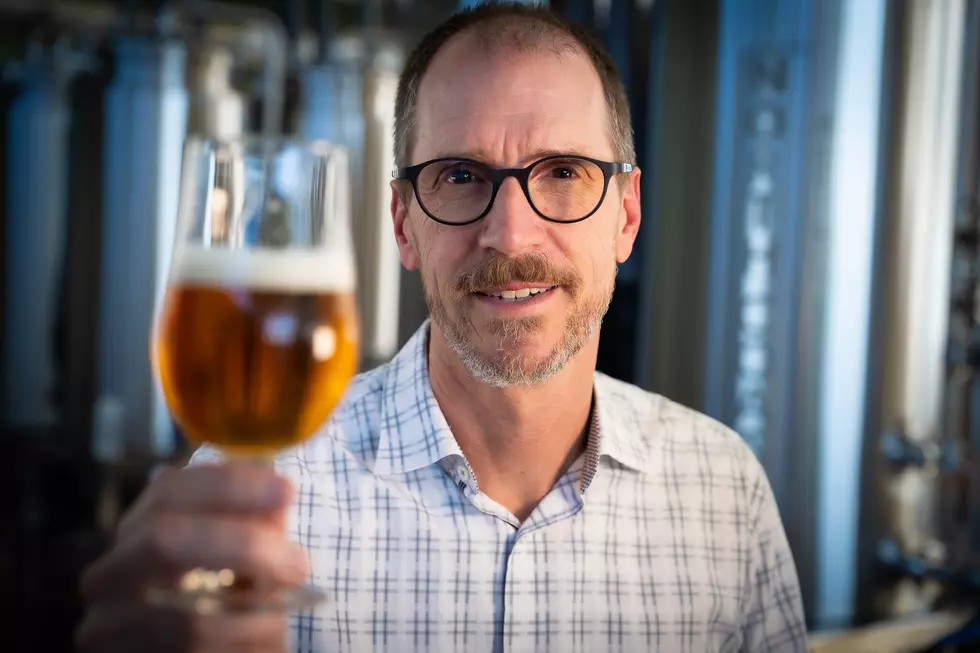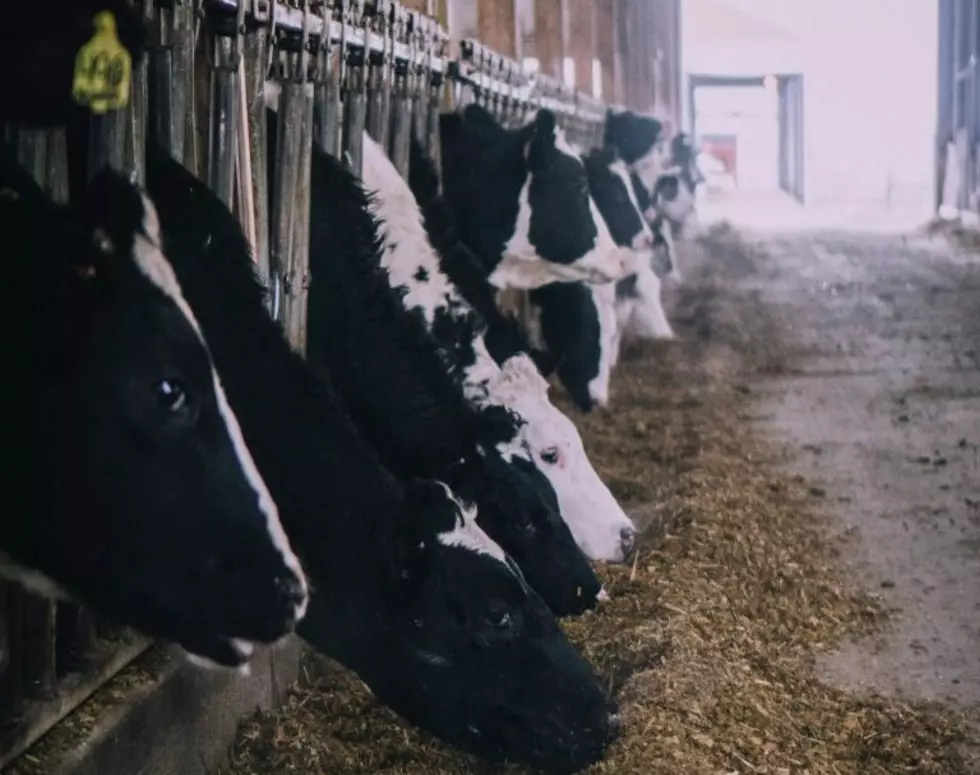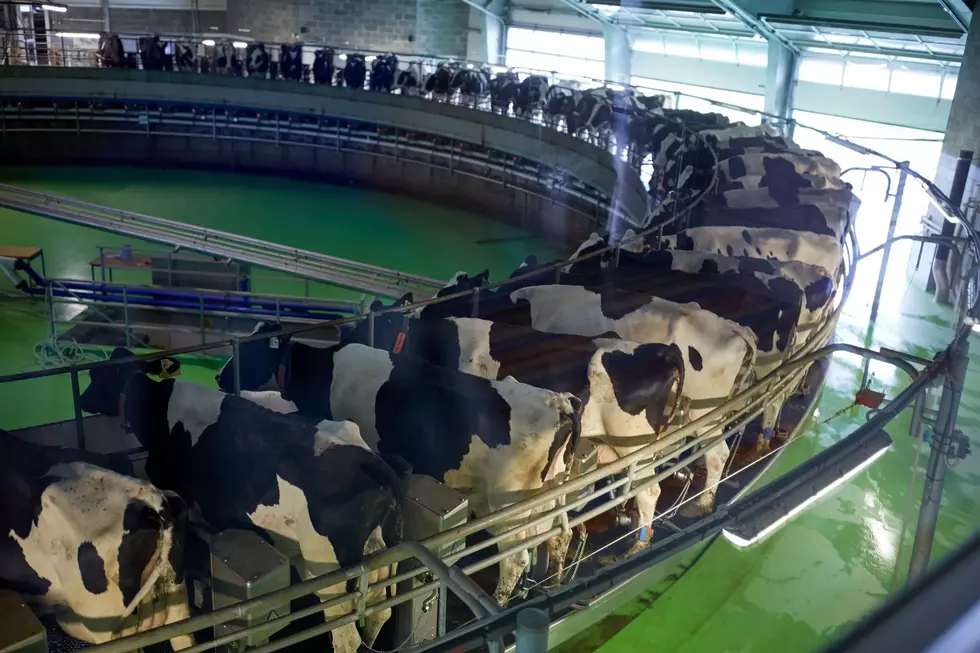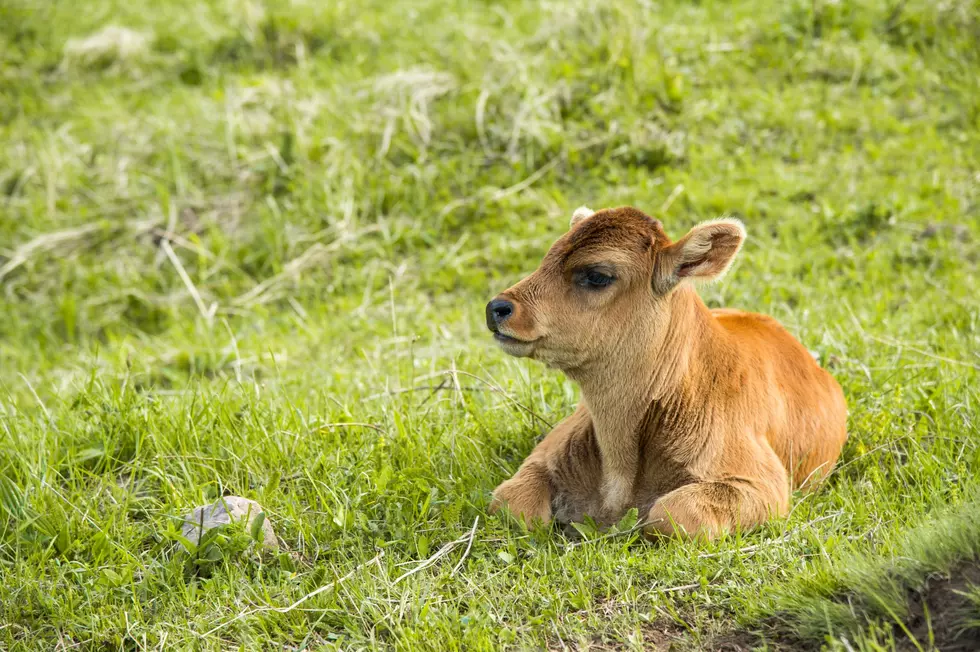
OSU: Genetically Modified Yeast Could Impact The Beer Industry In Taste Sustainability
Researchers at Oregon State University recently teamed up with bioengineers to study the impact yeast has on beer, and how that potentially could change into the future. That research has determined that genetically modified yeast strains can alter the fermentation process to create beers with significantly more pronounced hop aromas. Charles Denby, President of Berkely Yeast said a variety of hops are grown across the Pacific Northwest, but he notes if genetically modified yeast can be used, growers can focus on being more environmentally conscious.
“If we can shift to a world where we’re using more drought tolerant, high yielding hops, and we can complement that with aromas that come from the yeasts, then we should be able to make a beer that more sustainable going into the future with all of the perils of climate change.”
Oregon State University’s Tom Shellhammer said while modified yeast has the potential of being transformative, it does not change the fact that brewers are still making beer.
“It provides brewers a way to create new products, new flavors and as Charles mentioned in the frontend, an ability to do that in a fairly efficient way. Rather than trying to add mango or guava juice to their sour beer or their IPA, using a yeast like this will achieve that same end in a much more simple and probably sustainable fashion.”
The findings OSU's study were recently published in Fermentation. Shellhammer noted over the past two decades, craft beer production in the United State has grown significantly, with increasing demand from consumers for hop-forward beer styles, that express strong tropical and fruity flavors.
If you have a story idea for the PNW Ag Network, call (509) 547-9791, or e-mail glenn.vaagen@townsquaremedia.com
More From PNW Ag Network









